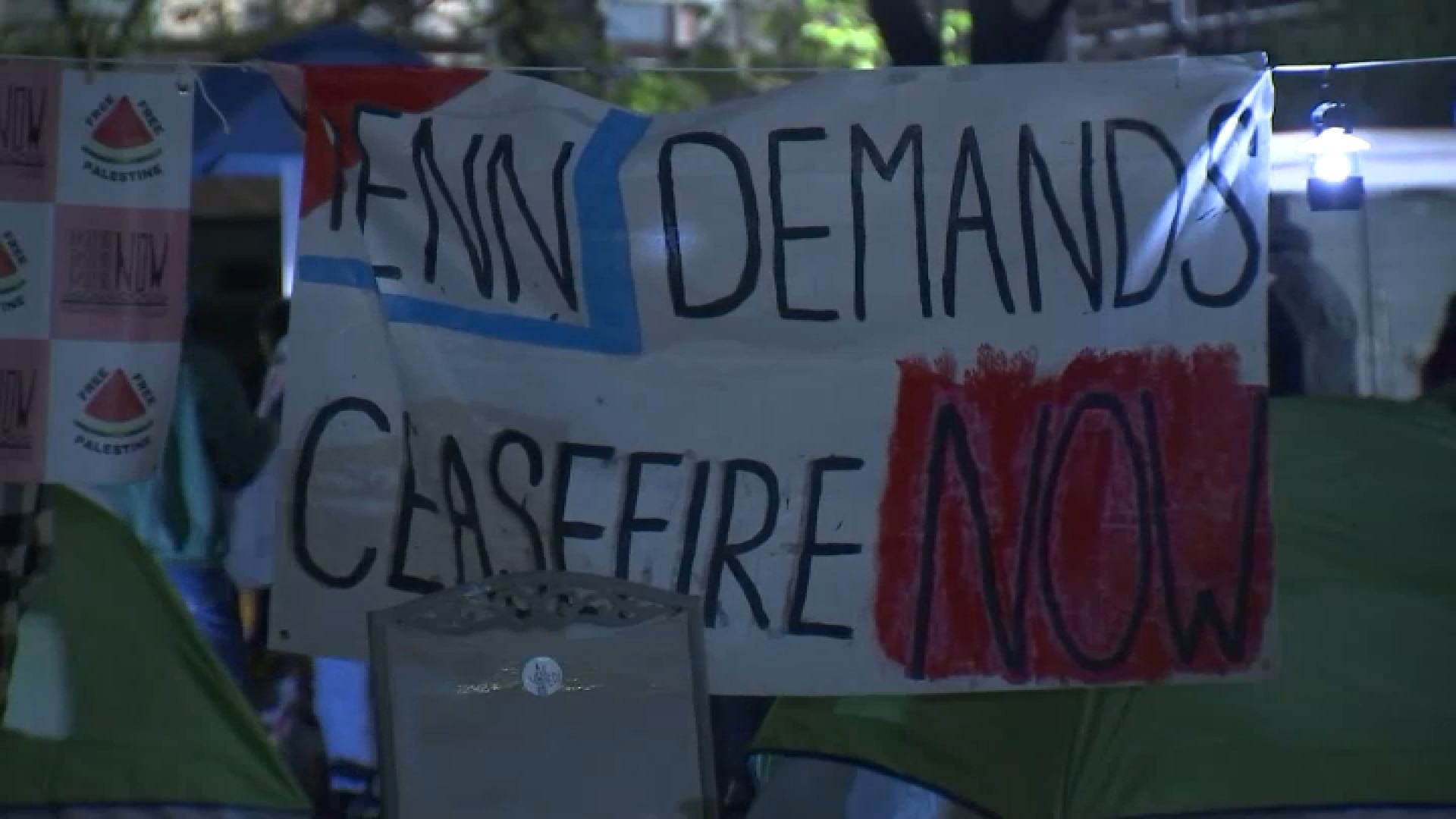About 100 people showed up at Lower Merion High School on Monday night to ask for answers about what happens next, following a judge's rejection of the prestigious district’s tax increase adopted earlier this summer.
The meeting was the first for the school board since Montgomery County Common Pleas Judge Joseph Smyth ruled Aug. 29 that Lower Merion needed to take a new look at its 2016-2017 budget and lower its 4.4 percent tax increase.
At the center of contention is the district’s $55 million in surplus accounts. Smyth ruled that the district should not have raised taxes above a 2.4 percent state-mandated limit. The district has filed an appeal, arguing that more than $35 million of that surplus money is in dedicated accounts that pay for pensions and capital projects. The state did sign off on Lower Merion’s tax increase above the limit.
The board approved two resolutions related to the appeal: the appointment of special counsel to oversee the appeal, and the formation of an escrow account to hold money in question pending the outcome of the litigation. The special counsel will be an attorney with Drinker Biddle at a rate of $495 an hour, board attorney Kenneth Roos said.
Prior to the board's vote on those resolutions, district officials presented their case for the tax increase, arguing that “unprecedented” growth in enrollment the past several years has contributed to the need for the surplus accounts, which in part go toward employee pensions and new buildings.
Copeland and the board found some resistance from township taxpayers and residents who spoke during the public comment period, though numerous speakers said they support the elected school board and district officials.
Copeland said taxpayer money has been spent properly, with current and future students in mind.
Local
Breaking news and the stories that matter to your neighborhood.
“The district employs good, sound accounting practices. Without a doubt,” Superintendent Robert Copeland told a crowd spread out across the 850-seat auditorium. “You want to maintain enough for a rainy day. And also to maintain a high debt rating.”
In addition to explaining the pension and capital projects funds, Copeland also defended the $20.1 million in “unassigned” budget surplus, saying that total is about half the $42 million, or two months’ expenditures, that the state budget officials recommend for government agencies.
“Here’s our biggest issue, the impact of growth in enrollment,” Copeland said. “What’s the enrollment growth meant? 100 new teachers.”
Those teachers, he said, add about $10 million more to the annual budget. He also cited capital projects necessary to create room for the roughly 1,000 new students that are now in the district above enrollment a mere five years ago.
“We’ve had unprecedented enrollment growth, which has been beyond the range of our neighbors,” Copeland said. He and other district officials have noted that most districts in southeastern Pennsylvania have seen stagnant or falling enrollment.
Lower Merion has increased from about 7,300 students five years ago to nearly 8,400 students this school year, according to Pennsylvania Department of Education statistics.
“The decision against Lower Merion School District calling into question their budgeting practices is erroneous and creates potentially negative implications not only for Lower Merion School District but for all school districts across the commonwealth that follow the rules, budget conservatively, and engage in long-term financial planning,” the Pennsylvania Association of School Budget Officials said in a statement Monday.
A court date for the district’s appeal has not yet been set. A spokesman for the district said the filing of the appeal has given the school board a stay from having to address the budget and tax increase while litigation is ongoing.
The district has said lowering the tax increase by 2 percent would mean cutting about $4 million from the $258 million 2016-2017 budget.
Gail Simon, of Wynnewood, said she, like many of the public who spoke in favor of the school board, graduated from Lower Merion schools -- as did her children.
"Lower Merion schools have a wonderful reputation because of the time, effort and money spent," Simon said.
But Arthur Wolk, the attorney who filed the lawsuit and who has lived in Lower Merion for three decades, said he is not against funding high-level public education. He again derided the district for "falsifying" their annual budget.
"The court found in the last six years there were $81 million worth of false claims by the district of deficits when in fact they had surpluses," Wolk said. "Give us back our money."



